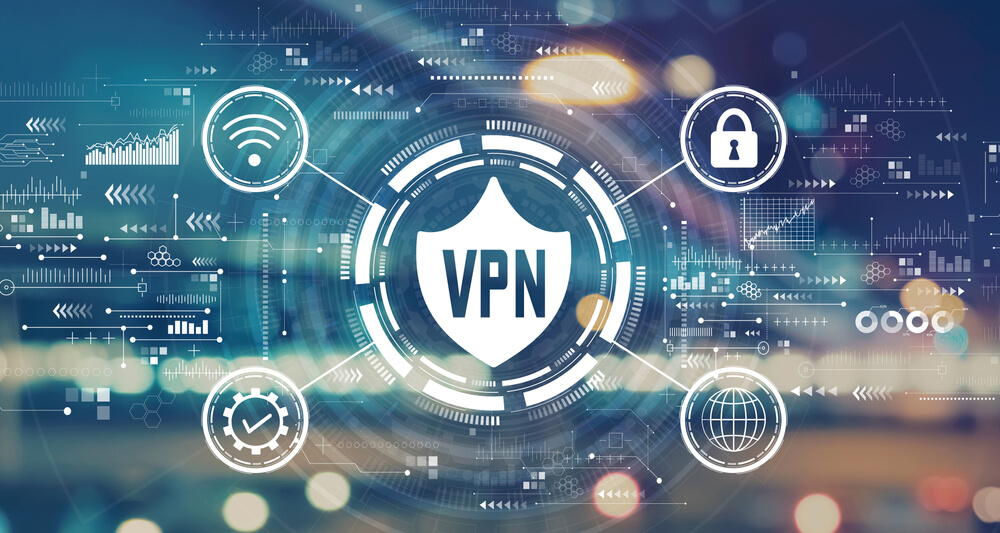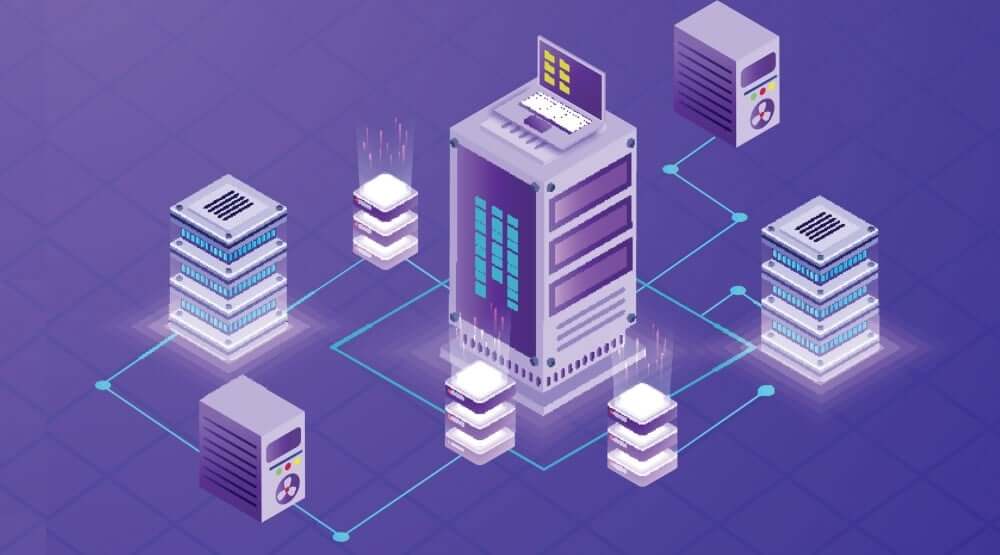Both VPN and Proxy are online services that mask your IP address via a remote server. VPN reroutes your internet traffic and ensures encryption, integrity protection, and authentication. Proxy encrypts only the IP address of their device, not all their web activity. Let’s find out which is best to encrypt your data, either a VPN or a Proxy server.
What is VPN

The general meaning of a VPN is to secure and encrypt the online connection between your device and the Internet. It is abbreviated as Virtual Private Network. It helps you to prevent unauthorized users from eavesdropping attacks and allows you to access the network remotely. It is mostly used in the corporate sector and is supported on your PC, smartphone, and tablet. Using the VPN will mask your IP Address while surfing, shopping, playing games, streaming on-demand content, banking online, and many more. If you don’t use the VPN, your IP address will be visible on the web.
VPN is of two types: Remote-Access VPN and Site-to-Site VPN or Router-to-Router VPN. Remote-Access VPN is used to connect to the company’s internal system over the internet through the private encryption tunnel. Site-to-Site VPN connects all the internal networks with each other through the intranet connection.
What is Proxy

Proxy is simply known as procuration. It is a system or router that provides a gateway between the client and the internet. It helps you to secure your data from hackers and cyber attackers. Proxy server act as an intermediary between the users and the online web pages. You can set it as web filters or Firewalls to prevent your computer from cyberspace threats such as malware or ransomware.
Proxy has two different versions: Hardware and Software. Hardware Proxy lies between your internal network and the internet to send, receive and forward data from the internet. Software Proxy will reside in the cloud and is hosted by a provider. There are three main types of Proxy servers, HTTP Proxy, SOCKS proxy, and Transparent Proxy.
Difference Between VPN and Proxy
The major difference between VPN and a Proxy are
| VPN | Proxy |
|---|---|
| It encrypts all websites and apps | It covers only one website or app |
| VPN provides a Stable connection | The proxy doesn’t provide a stable connection. |
| VPN uses PTTP, L2TP/IPSec, SSL, SSH, TLS, OpenVPN, and other protocols. | The proxy uses FTP, SMTP, HTTP, etc to carry connection information from the source to the destination. |
| IP addresses are traceable | It hides the origins of their network traffic |
| It provides strong security features | The security features are poor. |
| Unlimited simultaneous connections are allowed | Single connection is allowed at a time |
| Creates tunnel between end-users | Does not create a tunnel between end users. |
| It does not provide a gateway. | It acts as a gateway between the client and the network. |
| VPNs are usually paid | Use Proxy servers for free |
| It is supported by streaming services and gaming consoles | You should use SOCKS5 while using it on streaming services and gaming consoles. |
| Use VPN only when bypassing geo-restriction | Use a Proxy server all the time. |
| No traffic logging | Logs and sells web traffic |
Which is Best: VPN or Proxy
VPN is the best choice over Proxy servers. Proxy just transmits your traffic by intervening server. However, it doesn’t provide any extra protection. But VPN offers high security and privacy by routing your traffic through an encrypted VPN server. It also encrypts your traffic while online and hides your browser activity from logging and snooping over the internet connection.



